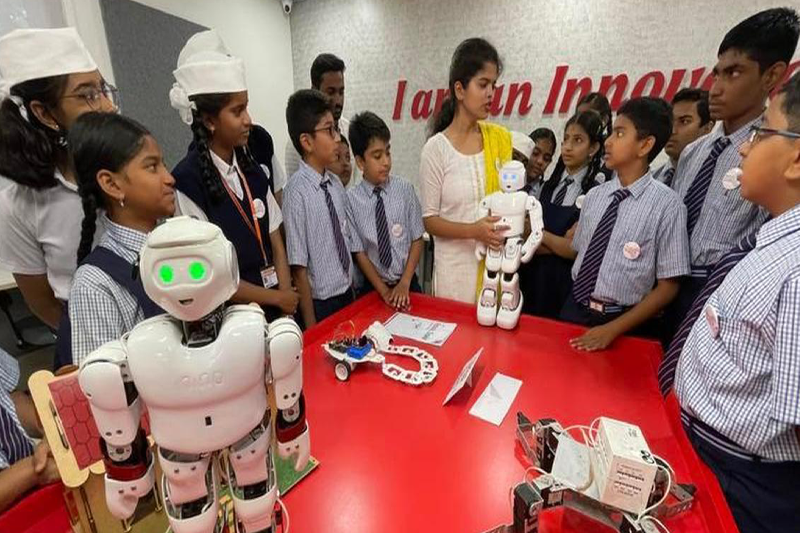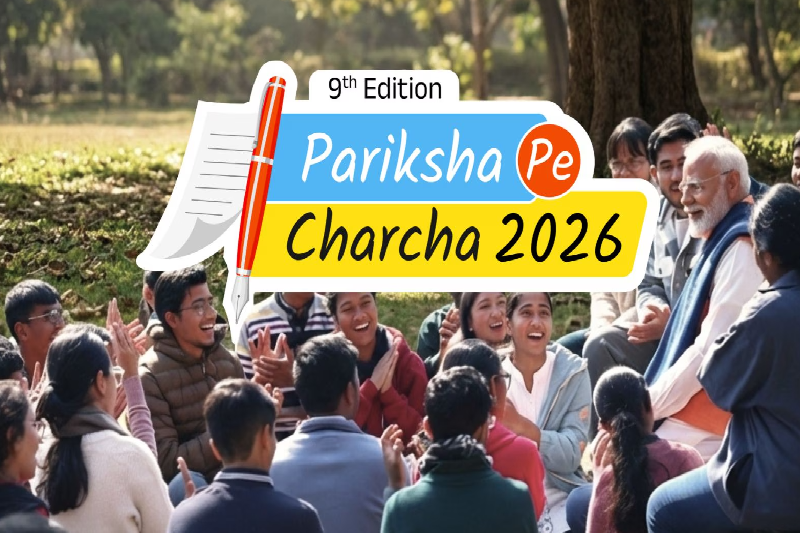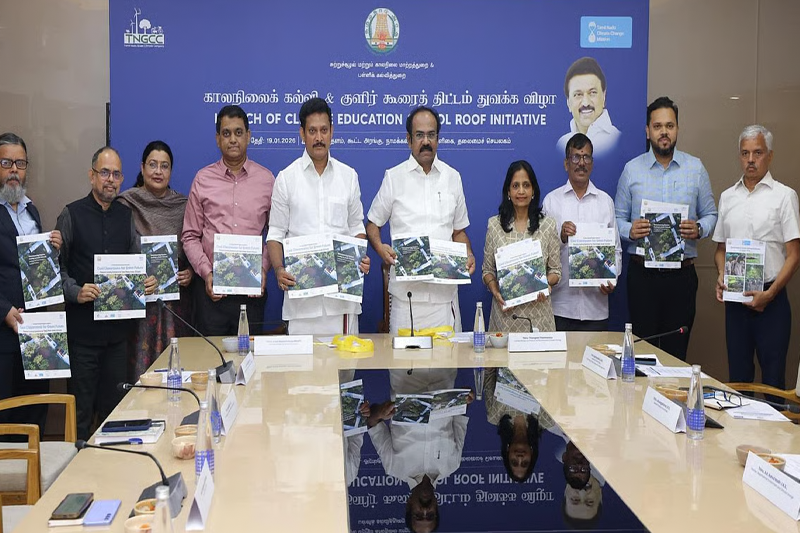
All Work and No Play Won’t Help: Karnataka Panel Urges Schools to Restore Playtime for Class 10 Students
Child rights body highlights alarming trend of cancelled PE periods in SSLC classes
In an important reminder about the true purpose of education, the Karnataka State Commission for Protection of Child Rights (KSCPCR) has urged schools across the state to reinstate playtime and physical education (PE) periods for Class 10 students. The move follows growing concerns that many schools have been cancelling sports and extracurricular periods to prioritize academic performance — a practice experts say is detrimental to students’ overall development.
The issue: No play, only pressure
In a letter addressed to the Commissioner of the Department of School Education and Literacy, KSCPCR member KT Thippeswamy raised strong objections to the widespread practice of eliminating PE periods for Class 10 students.
Thippeswamy stated that this growing trend not only violates children’s rights but also compromises their mental health, physical well-being, and capacity to perform academically.
“Extracurricular activities such as games, arts, and music are integral to the holistic development of children. It is ironic that schools are restricting playtime in the pursuit of better exam results. This will have a negative impact on students’ learning and growth,” he said.
Play is a right, not a privilege
Citing Article 31 of the United Nations Convention on the Rights of the Child (UNCRC), Thippeswamy emphasized that play is a fundamental right of every child. Restricting opportunities to play, he argued, is a violation of a child’s right to development.
He attributed this issue to a lack of awareness among teachers and administrators regarding child rights. “Because of misunderstanding and pressure at the grassroots level, students are being denied something that is essential to their well-being,” he added.
The KSCPCR has requested the education department to issue clear directions to all schools to ensure that PE periods are conducted regularly and without interruption — even for students preparing for the SSLC (Class 10 board) examinations.
Ground reality: PE periods replaced by academic classes
Thippeswamy’s observations are not isolated. During his visits to schools, he found that students themselves raised complaints about not being allowed to play. Many reported that their schedules are overloaded with special classes starting early in the morning and continuing after school hours, leaving no time for relaxation or recreation.
“Subject teachers, especially those handling maths and science, often take over the PE periods to finish their syllabus,” he explained. “Teachers are under pressure to produce better results, and as a result, students lose the much-needed time to rejuvenate. Playtime is not a distraction — it’s essential for a fresh and active mind.”
State norms mandate four PE classes a week
According to the state’s educational curriculum, students are entitled to four PE sessions per week, which includes one mass PE session on Saturdays and one theory class.
However, PE teachers and experts have confirmed that these sessions are regularly held only up to Class 9, and often discontinued for Class 10 students.
Mahesh Basarkodu, Secretary of the Physical Education Teachers’ Organising Committee, voiced his concern over this pattern.
“As students enter Class 10, PE classes almost disappear. Subject teachers take over to complete the syllabus, which increases academic pressure and stress levels. These classes must be reinstated — they are not optional,” Basarkodu said.
Teacher shortage adds to the challenge
Karnataka currently has around 8,000 physical education teachers serving in government schools — but there are approximately 20,000 vacancies still unfilled.
This shortage further complicates the consistent delivery of physical education in schools, particularly in rural areas where staffing issues are more severe.
Acknowledging the concern, Vikas Kishor Suralkar, Commissioner of the Department of School Education and Literacy, assured that the matter will be reviewed soon.
“The issue has come to our notice, and we will examine it closely to ensure that students are not deprived of their rightful physical activity,” he said.
Impact on students and exam preparation
Every year, nearly 3.4 lakh students from around 5,900 government schools appear for the SSLC exams in Karnataka. For many of them, the months leading up to these exams are marked by intense study schedules and extra classes — but no playtime.
Educationists warn that this “all study, no play” approach could backfire.
Without physical activity, students are more prone to stress, fatigue, anxiety, and burnout, which directly affects their concentration and exam performance. Studies show that moderate physical activity improves cognitive function, enhances focus, and reduces academic stress — all crucial for exam success.
The larger message: Rethinking success in education
The KSCPCR’s appeal goes beyond reinstating PE periods. It calls for a shift in how schools define academic success. Prioritizing test scores over overall well-being not only violates educational ethics but also undermines long-term learning outcomes.
As Thippeswamy rightly noted, “If students are to perform well in exams, their minds must be fresh. Physical activity isn’t a distraction from learning — it’s an essential part of it.”
Conclusion: Balancing academics and well-being
The Karnataka child rights panel’s intervention serves as a wake-up call for educators and policymakers. Schools must recognize that holistic education is about nurturing both the mind and body.
Restoring PE periods for Class 10 students is not just a matter of policy compliance — it’s about protecting the right of every child to learn, play, and grow.



